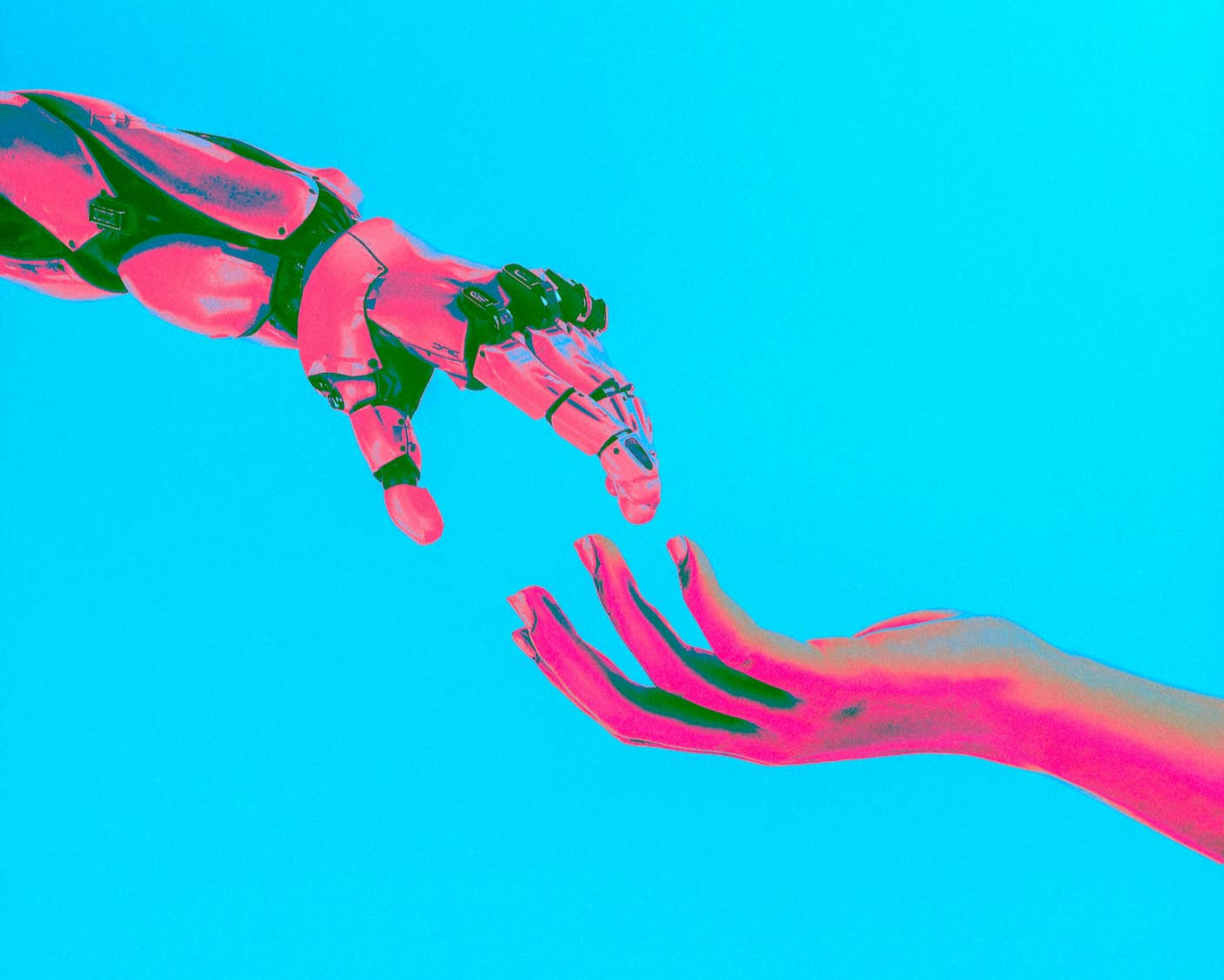Ray Kurzweil: We Can Control AI Before It Controls Us

Share
Over time, technology offers solutions to old problems while creating new issues in the process. The more powerful the technology, the greater its potential to do good and harm. Artificial intelligence is no exception, and as AI has advanced, worry about its risks has grown too.
Technology’s dual identity isn’t new, Ray Kurzweil said in a Q&A at Singularity University.
“Technology has actually been a double-edged sword since fire, which has kept us warm and cooked our food but also burned down our villages,” he said.
This cycle of excitement and worry is normal for new technologies. When a technology is first developed, we dream about the good it might do, and as it matures, we worry about unforeseen risks. Taking both sides into account, Kurzweil said he comes out cautiously optimistic. He acknowledges there’s risk, and suggests the answer isn’t to halt progress, but to plan for it.
By creating safeguards and standards in advance, we can better defend against negative consequences. As an example, Kurzweil points to the 1975 Asilomar Conference, a meeting that sought to define the ethical boundaries of biotech research before it reached its full potential. He believes a similar approach might work for AI and other exponential technologies.
As our technologies change the world, the responsibility only grows deeper for each of us to take an active role in shaping it the way we want—not the other way around.
Be Part of the Future
Sign up to receive top stories about groundbreaking technologies and visionary thinkers from SingularityHub.


“The most important issue is how do we reap the promise while controlling the peril,” Kurzweil said.
For years, Ray Kurzweil has been giving fireside chats at Singularity University. Now, some of his best questions and answers will be released every Thursday on Singularity University’s Ray K Q&A YouTube channel. Check back each week for the latest video.
Image Credit: Shutterstock
Andrew operates as a media producer and archivist. Generating backups of critical cultural data, he has worked across various industries — entertainment, art, and technology — telling emerging stories via recording and distribution.
Related Articles

How Scientists Are Growing Computers From Human Brain Cells—and Why They Want to Keep Doing It

Study: AI Chatbots Choose Friends Just Like Humans Do

AI Companies Are Betting Billions on AI Scaling Laws. Will Their Wager Pay Off?
What we’re reading